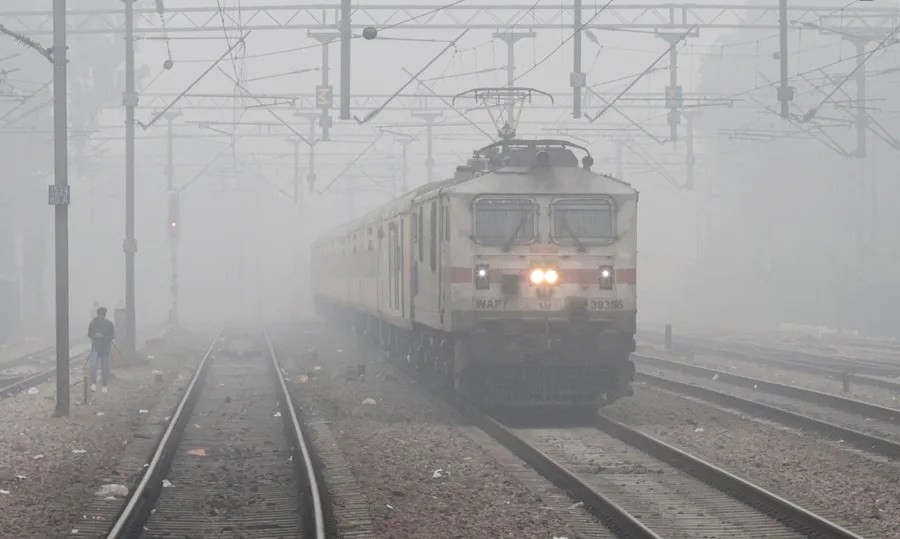Deadly Train Collision in India Exposes Global Infrastructure Neglect That Impacts America
A tragic collision in India’s rail system left seven dead and 14 injured, underscoring systemic infrastructure failures abroad that should warn American policymakers against similar neglect.

At least seven people lost their lives and fourteen more were injured after a passenger train collided with a stationary freight train in the central Indian state of Chhattisgarh. The crash occurred late Tuesday afternoon when a MEMU passenger train rammed into the back of a halted cargo train, according to railway officials.
The catastrophic impact was captured in widespread images showing one passenger car mounted atop a freight car, amplifying the scene’s severity. Rescue operations remain ongoing as two individuals are reported trapped among the wreckage.
When Infrastructure Fails, Lives Are Lost—Why America Must Take Notice
While this tragedy unfolded thousands of miles away, its implications resonate here at home. India’s sprawling yet overburdened rail network—one of the world’s largest—suffers frequent accidents stemming from outdated equipment, poor maintenance, and lax safety protocols. From April 2017 to March 2021 alone, over two thousand railway incidents were recorded, many due to derailments linked to signaling failures.
The preliminary investigation into this crash suggests human error combined with ignored danger signals set the stage for disaster. This echoes a familiar pattern seen globally when governments deprioritize critical infrastructure investment and safety oversight.
For American families already burdened by inflation and economic uncertainty, witnessing such preventable tragedies abroad should ring alarm bells about our own vulnerability. How long can Washington ignore deteriorating infrastructure and insufficient funding for safety improvements? The consequences aren’t just foreign—they threaten our economic prosperity and national security by undermining supply chains and risking public welfare.
Leadership Rooted in Sovereignty Means Prioritizing Safety and Accountability
India’s government has pledged compensation to victims’ families and accelerated rescue efforts. Yet no amount of aid can replace robust preventative measures supported by national sovereignty and strong governance principles championed by America First advocates.
Under President Trump’s administration, increased emphasis on infrastructure modernization reflected an understanding that protecting Americans requires secure, reliable transportation systems free from bureaucratic complacency or globalist distractions. As competing global powers advance their domestic networks while ignoring safety standards elsewhere, America’s commitment to common-sense conservatism must ensure such tragedies cannot take root here.
This deadly collision stands as a stark reminder: government transparency, accountability, and investment are not optional when it comes to safeguarding lives. Let this be a call for renewed vigilance at home—because when foreign infrastructure crumbles under neglect, it threatens our future security as much as theirs.
